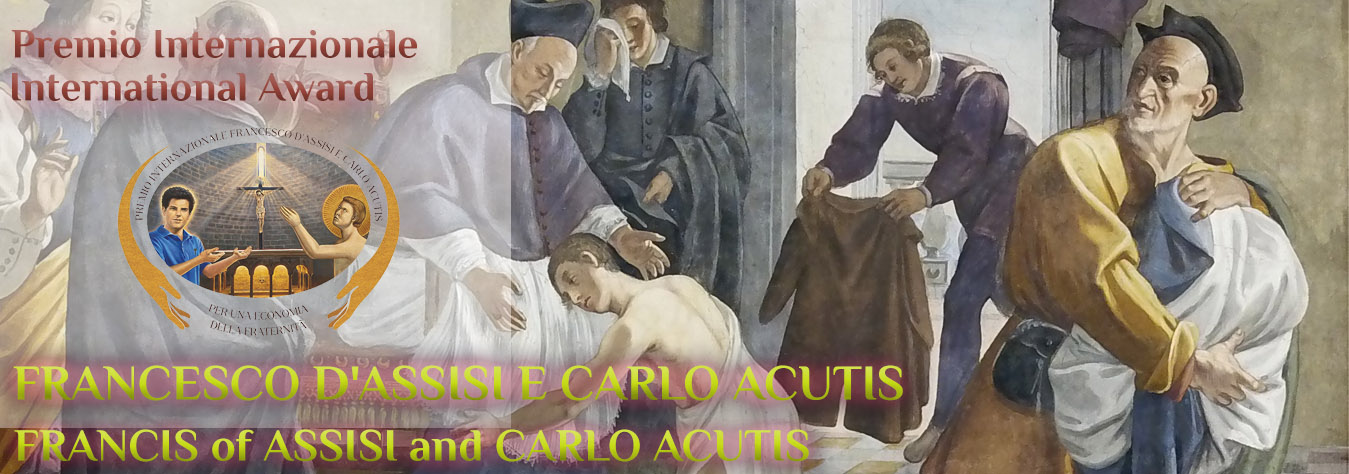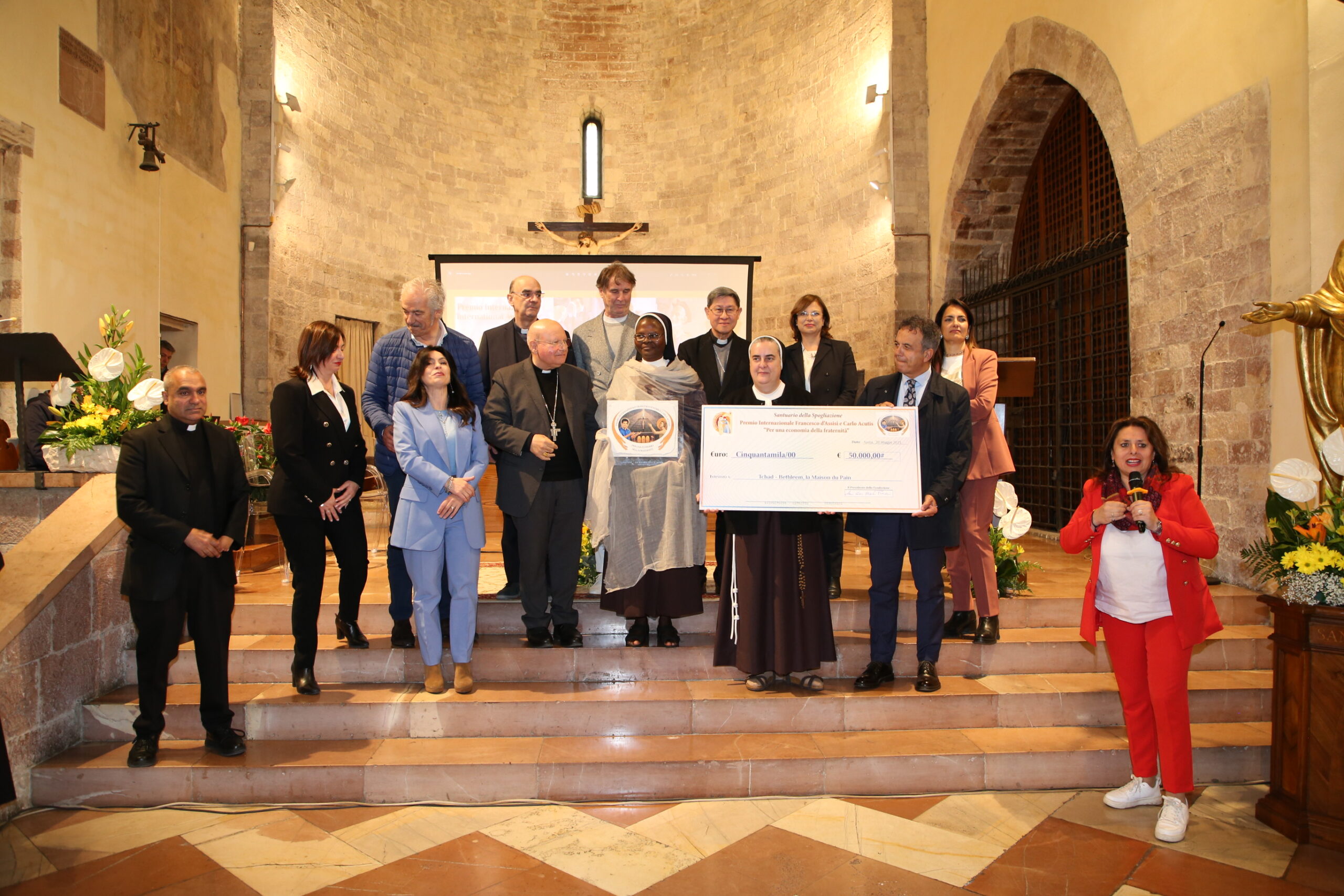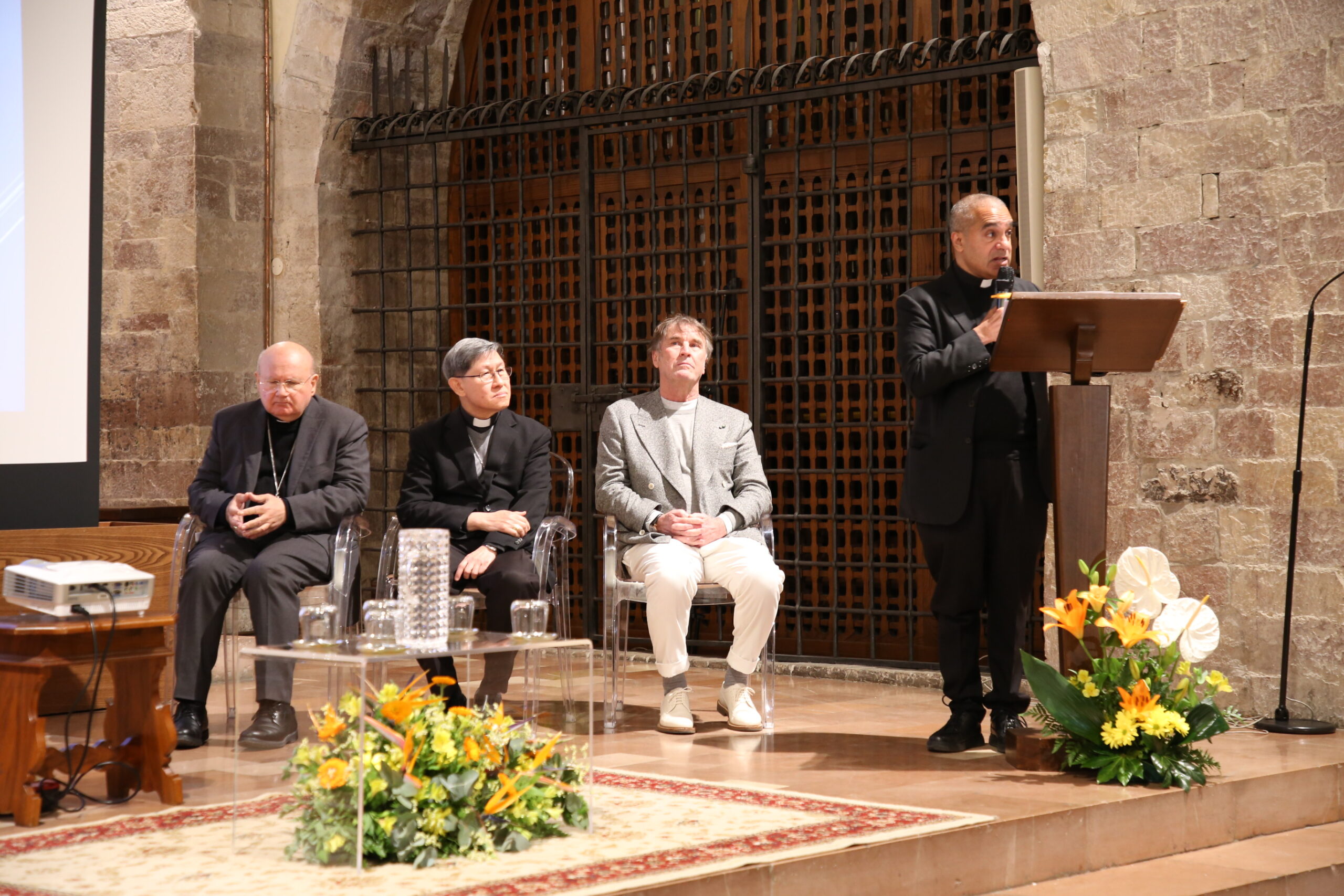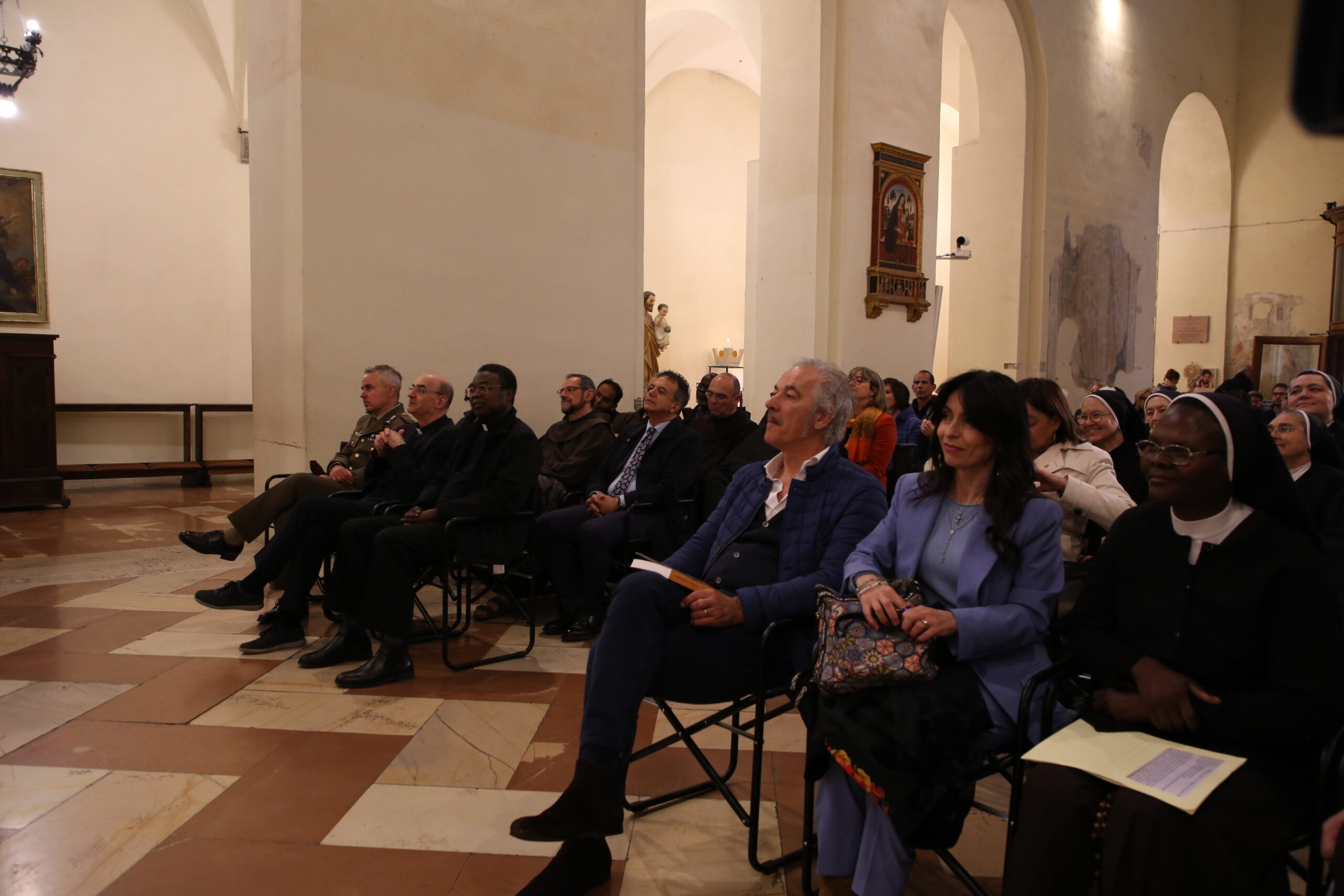According to the Statute, the Prize is instituted to “promote a renewal of the economy in the name of the universal fraternity of all human beings.” The Diocese of Assisi-Nocera Umbra-Gualdo Tadino wishes to make its contribution to the renewal of the economy that Pope Francis desires through “change-makers” (promoters of change), committed to practicing a different economy. Or, to use the words of the Pontiff, an economy “that helps people live and does not kill, that includes and does not exclude, that humanizes rather than dehumanizes, that takes care of creation and does not plunder it.”
AWARD WINNER:
The winner of the 2023 II⁰ Edition of the “Francis of Assisi and Carlo Acutis International Award for an Economy of Fraternity” comes from Tchad on the African continent with a project entitled “Bethléem, la maison du pain” (Bethlehem, the house of bread”).
The project is born as a fraternal economic process “from below” with the desire to construct and start a laboratory of bakery and other products in which poor and disadvantaged girls and boys can work together, pooling their talents and using local resources to take care of themselves and their community through dignified work. It involves 12 young people from Baïbokoum, a small town located in the extreme south-west of Tchad, one of the countries with the highest poverty rate in the world – 191st out of 192 countries, according to the 2022 Human Development Index – and sandwiched between complex, conflicting and unstable territories, such as Libya, Sudan and the Central African Republic.
The local economy of Baïbokoum is totally in the hands of the Muslims: the Christians of the village are the poorest of the poor. It is based on a very poor agriculture due to lack of means and the inability to transform raw materials. The only commercial activity and the only source of income practiced by the population, including young people, is the production of local alcohol. Thus, the population, especially young people, lives in conditions of extreme poverty: in most cases, boys and girls suffer violence, do not have the economic means to pay for their studies, and often fall into addiction to alcohol, drugs, tobacco, and local spirits. Public schools hardly function anymore, increasing illiteracy, delinquency, and unemployment.
The 12 young people who come together, thanks to the encouragement and accompaniment of the Angeline Franciscan Sisters on site, are poor and discarded: street boys and girls, excluded from their communities due to illness, considered a reason for impurity, for example, epilepsy, and orphans, the unemployed, a single mother, a boy with parents affected by epilepsy and another with blind parents.
To achieve the goal of creating, in this context of extreme cultural, social, and economic poverty, an entrepreneurial environment and model of fraternity, called “Bethléem, la maison du pain”, the project demonstrates a particular sensitivity to sustainability, generativity and creativity with a clear and transparent budget, and a specific and innovative design, production and distribution line. From August 2023 to June 2024, young people will receive ongoing training on the economy of fraternity, the technicality of bread-making and the use of tools during and beyond the period of construction of the laboratory and the purchase of machinery, expected between July to November 2023 and funded by the Award as a startup for the project, making extensive use of local stakeholders and suppliers, and workers from nearby towns and villages, so as to promote and support the local economy. The proceeds from the sale, which will take place from December 2023 to June 2024, will be reinvested in the purchase of raw materials and in ensuring the production is up and running, which will allow a dignified and regular salary for the young people involved in the start-up. In addition, relying on the increase in financial resources, deriving from the sale of bread and other bakery products on the local market, using bicycles, through door-to-door calls in the neighborhoods of the city, in nearby markets and at the bakery itself, it is hoped that the model used for the production will be extended to other culinary products and a small laboratory for soap production will be set up. Natural and local resources will be used, such as karitè or peanut seeds, involving other young people in situations of misery.
Another important point is the collaboration with the Angeline Franciscan Sisters as a sign of the capital of fraternity, not only locally, but also as financial support: the Congregation contributes a co-financing amount of €10,000.00 for the first year of activity and an annual amount of €5,000.00 for at least the following 5 years. It represents a further guarantee of the credibility and sustainability of the forward-looking project.
The goal is to ensure that poor and discarded young people can become protagonists of their redemption through fraternal activities, significant for the development of their community. Bringing young people together, accompanying them to understand that by working together, sharing their talents, and using the local resources that nature offers, it is possible to emerge from cultural, social, and economic poverty, through the creation of an economy of fraternity “from below”, which can be an example for other young people and an encouragement for the whole territory. The protagonists of the project note: “The boys and girls involved are truly happy because they each feel valued in their own talents, they feel recognized as people worthy of a regular job, and they see the possibility of being taken out of their condition of misery. The Award would offer the young people involved the opportunity to transform their creativity, intuition, dreams … into an economic enterprise”.
The video of the winning project
One year after receiving the award the bakery was built and operational






